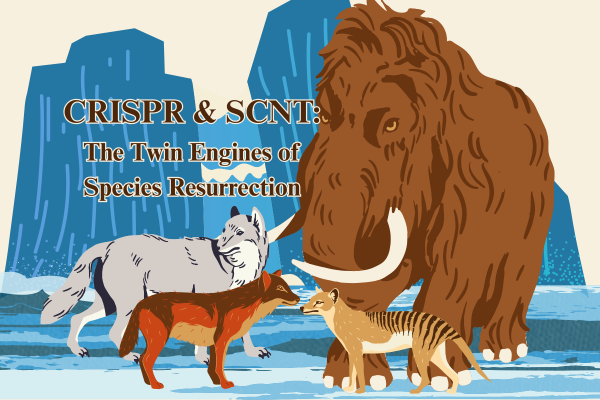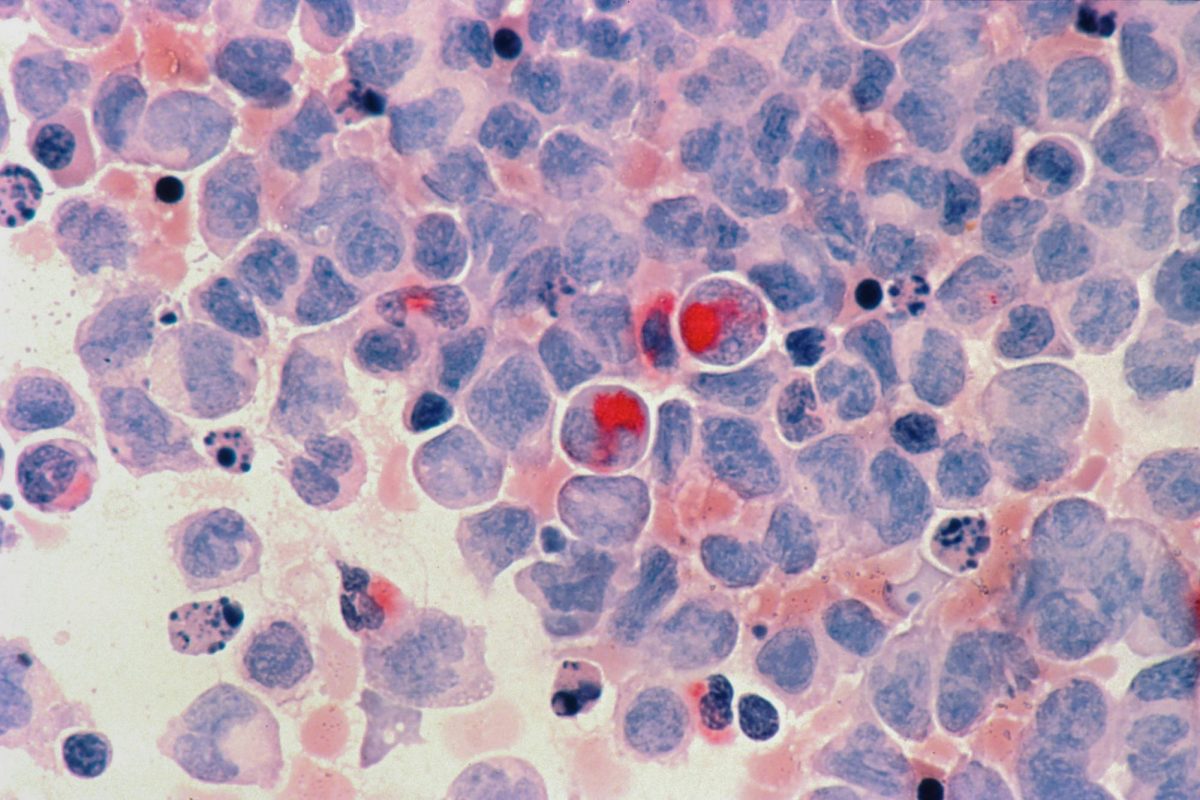Oceans are the planet’s greatest carbon sink. Carbon sinks are an important part of the carbon cycle because they store large amounts of CO2. As oceans continue to absorb atmospheric emissions, more carbon dioxide reacts with seawater to form carbonic acid. This acid formation has caused a steady decrease in pH which has various effects on marine life, particularly crustaceans.
Acidic oceanic conditions can harm crustaceans by thinning their shells and slowing their growth. This especially damages young, developing organisms as their undeveloped shells are most vulnerable to acid corrosion. The main component in the exoskeletons of these organisms is calcium carbonate, which readily dissolves in acid. With weaker exoskeletons, these animals will have less protection from predators and parasites. This can affect food chains and ultimately damage marine ecosystems.
As carbon emissions continue to be a problem, researchers have found various ways to reduce atmospheric carbon. Engineers at Lehigh University have recently discovered a new method for removing carbon dioxide: making baking soda. Until this point, removing CO2 from the air has been extremely costly and fairly uncommon. But with newly developed technology, direct air capture plants have tripled in efficiency and have become far more practical.
After years of research, the team developed filters that trap CO2 as air passes. The process utilizes amine sorbents within porous materials to capture the CO2. Though a complicated task, the increased efficiency in absorption makes the process much more cost-effective and practical for large-scale use. Throughout their research, the team also discovered that ocean water can be used to “dispose” of carbon waste. When ocean water passes through the filter, it reacts with the waste to form sodium bicarbonate, also known as baking soda. Easily soluble in water, baking soda is safe to release into the ocean, and might even help offset ocean acidification in large quantities with its alkaline properties.
In combination with reduced carbon emission efforts, extracting CO2 from the atmosphere could dramatically reduce ocean acidification, improving the health of marine ecosystems and greatly benefiting the fishing industry.
With almost 300 million jobs worldwide, fishing is a vital part of global economies and should be sustained for many years to come.




















